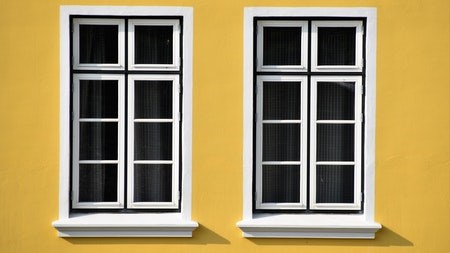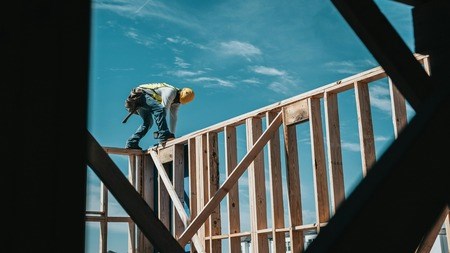Property experts highly recommend looking into the sustainability of your house and even your garden – not only for altruistic reasons, but also because it can lower the cost of running your home and also has the potential to increase the resale value of the property too.
“Making your property more sustainable can go a long way towards attracting buyers who value these conveniences and amenities,” explains Adrian Goslett, Regional Director and CEO of RE/MAX of Southern Africa. “Whether you are buying new or improving your current environment, you can make your house more sustainable with some quick changes and some thoughtful investments to save on energy, water, and maintenance costs.”
But, with so many sustainable options to choose from, it can be difficult to know what exactly you should be upgrading on your property. To help make this decision easier, RE/MAX of Southern Africa suggests that homeowners should consider four essential pillars for home sustainability; namely electricity, water, waste, and self-sustainability.
1) Invest in Solar Power
Homeowners should arrange for a consultation on whether the property can easily adapt to solar power panels. This will depend on your type of roof and its exposure to the sun. In the long run, running your property on solar power will save thousands off your electricity bill and will reduce the impact of relying on non-renewable energy sources.
2) Upgrade your water-efficiency
Those with solar power will be able to heat your water sustainably without reliance on the grid. However, there are many other ways to optimise how your property uses this precious resource. For example, you could install a rainwater tank to reduce pressure on your local water supply systems and invest in waterwise shower heads in your bathrooms. It can also be as simple as adding a bucket to your shower to capture excess water for your garden, but if you invest in a proper greywater system to maintain your garden during times of drought, this could double as a way to invest in the resale value of the property.
3) Find out about local recycling
Look into your municipality’s recycling guidelines and speak to your local estate agent to find out about where you’re able to drop off recycling in your area. If you feel your neighbourhood is underserved, consider spearheading communications to introduce the idea that recyclable items should be collected from the households in your community for convenience purposes.
4) Use your garden to be more self-sustainable
Those with sufficient yard space should invest in creating a composting system to reduce the amount of waste the household creates. Investing in plants is also wonderful for naturally purifying the air, helping to dampen street noise, and can also provide shade to cool the home in summer, which in turn will lessen your property’s reliance on non-natural and expensive cooling systems. Planting your own fruit, vegetables, and herbs will also reduce your reliance on the local grocery which will reduce the amount of packaging waste your household produces.
“In South Africa, these green features are becoming increasingly popular among buyers, especially because of the ongoing load shedding and the prevalence of droughts in our country. Don’t hesitate to speak to your local real estate professionals who can be found [here] for advice on the best sustainable home improvements in your neighbourhood and for your specific type of property.
Ultimately, when it comes time to sell your property, reliable real estate professionals will have invaluable insights into what the market responds to in your area and what sustainable upgrades will generate a good return on investment,” Goslett concludes.
Writer : Kayla Ferguson





